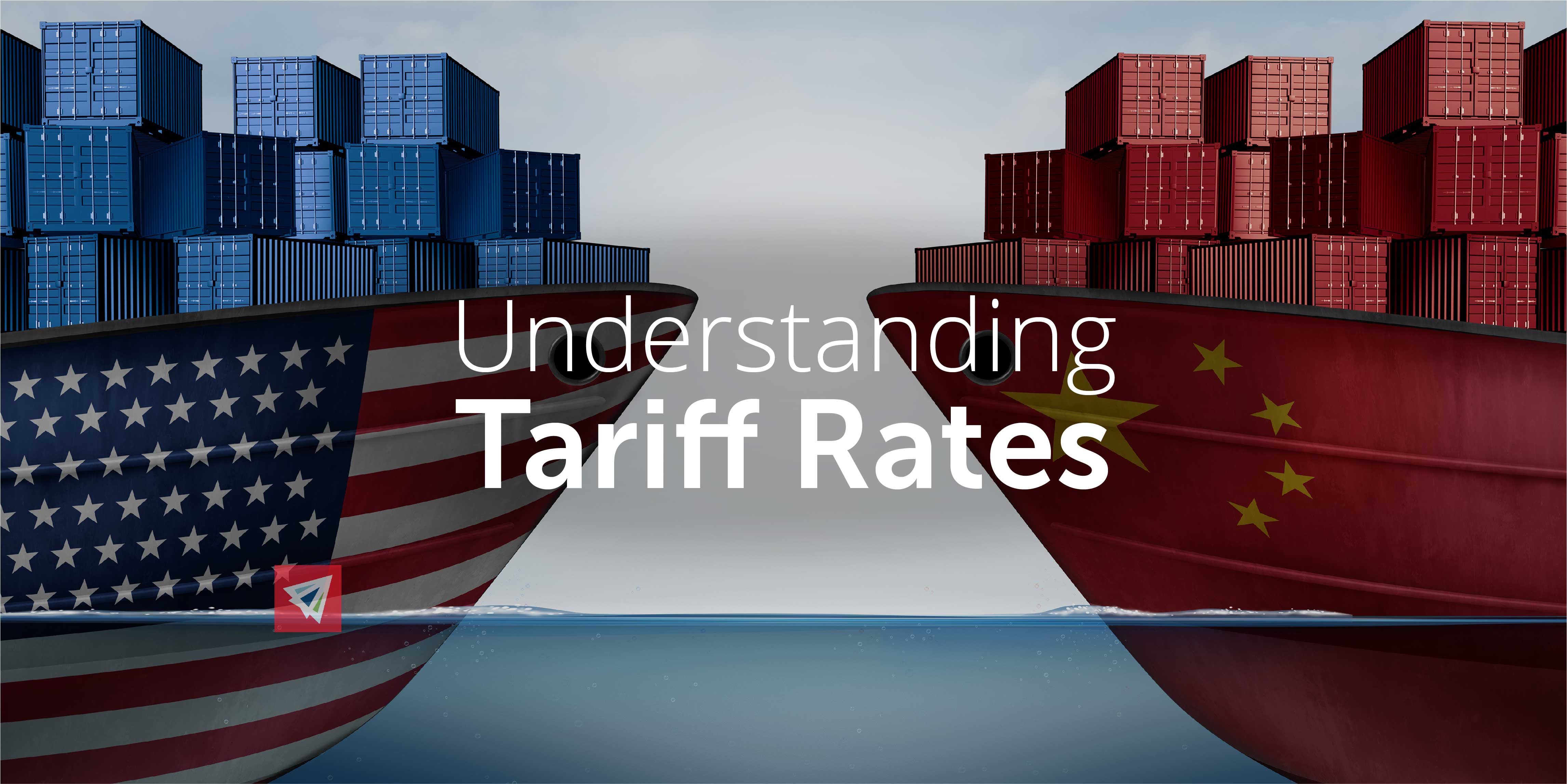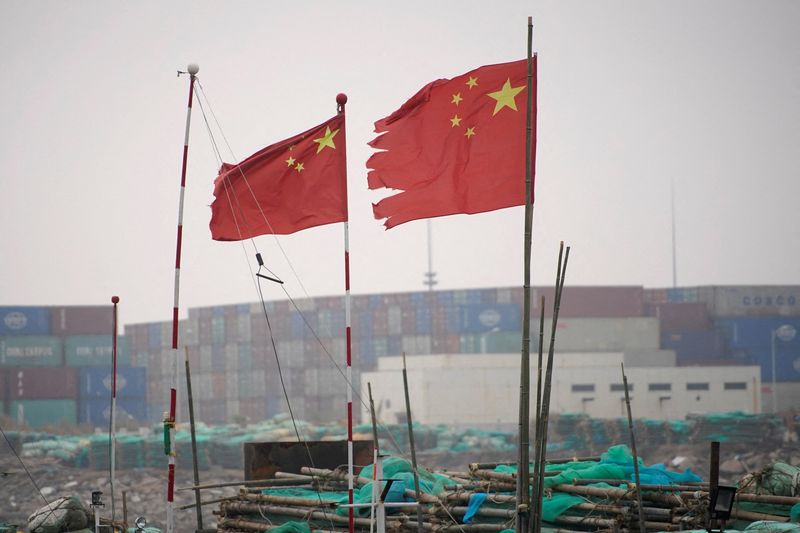Federal Reserve Governor Michelle Bowman Cook just dropped a truth bomb, folks. She’s warning that the seemingly ‘easy’ solution of tariffs isn’t free. We’re talking about a potential hit to productivity, a cap on how much our economy can actually grow, and – you guessed it – increased inflationary pressures.

Photo source:elliswren.pages.dev
Let’s break this down. Tariffs, while intended to protect domestic industries, ultimately distort markets. They raise the cost of imported goods, forcing businesses to either absorb those costs (cutting into profits) or pass them on to you, the consumer.
The Productivity Puzzle: Tariffs disrupt supply chains, hindering businesses’ ability to access the most efficient inputs. This directly translates to lower productivity. Lower productivity means slower economic growth. Simple as that.
Inflation’s Hidden Fuel: Limited supply and higher costs? That’s a recipe for inflation. Cook highlights the concerning link: decreased productivity becoming a potent driver of rising prices.
The Rate Hike Implications: Here’s where it gets really interesting. Cook signals that a sluggish, less productive economy might require the Fed to push interest rates even higher to wrestle inflation under control. In essence, tariffs could inadvertently force the Fed’s hand, making borrowing more expensive for everyone.
Deeper Dive: The Economics of Productivity
Productivity is essentially how much stuff we can make with the same amount of effort. Improvements in technology, better processes, and a more skilled workforce all boost productivity.
Lower productivity growth isn’t just a theoretical problem. It means slower wage gains, lower living standards and it creates a vicious cycle, tightening the economy.
Tariffs create artificial barriers to trade, hindering access to cheaper inputs and efficient global supply chains, directly undermining this growth.
Ultimately, Cook’s comments are a stark reminder that protectionist policies come with significant economic costs, and these costs are often overlooked in the heat of political debate.





